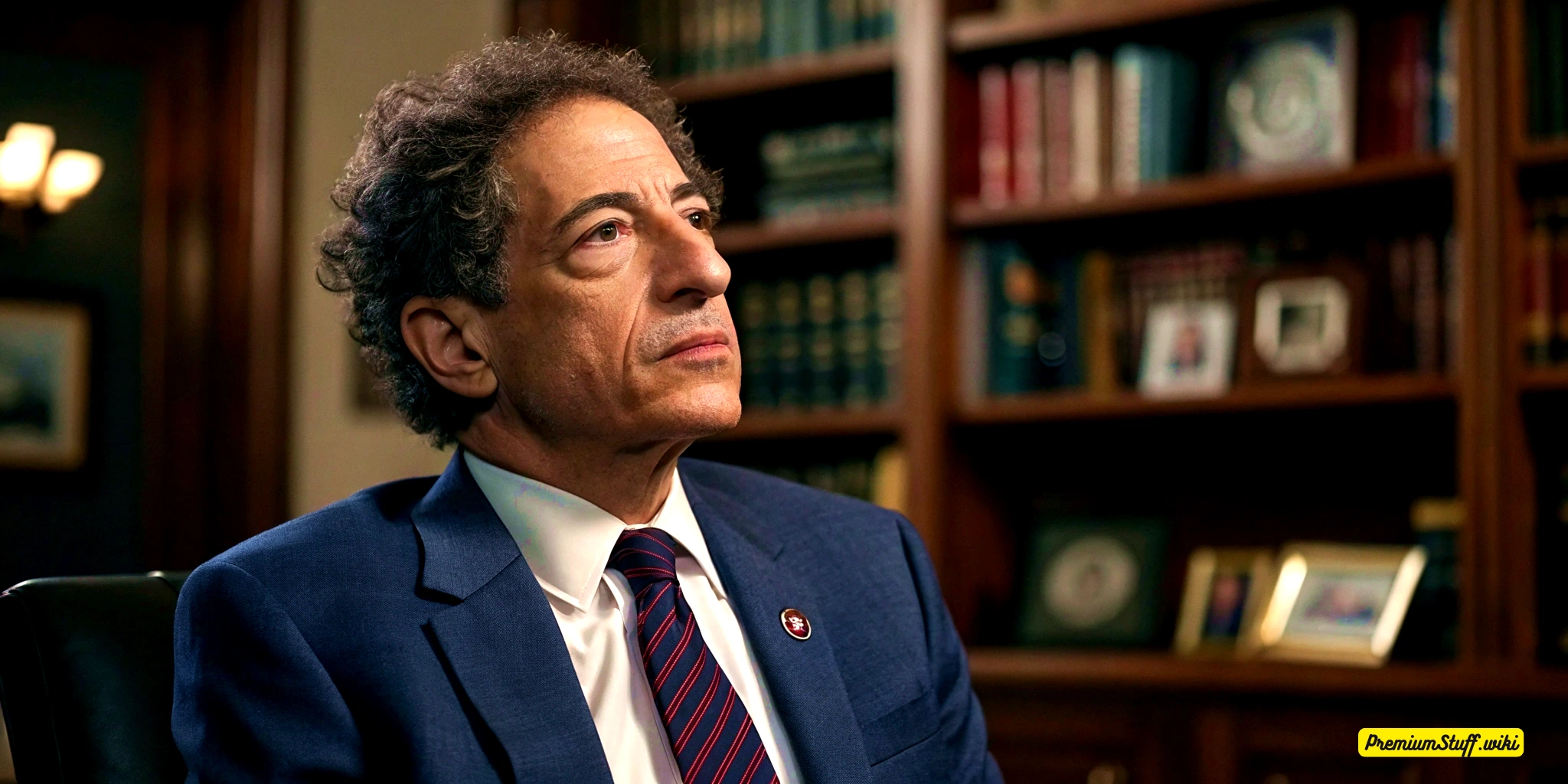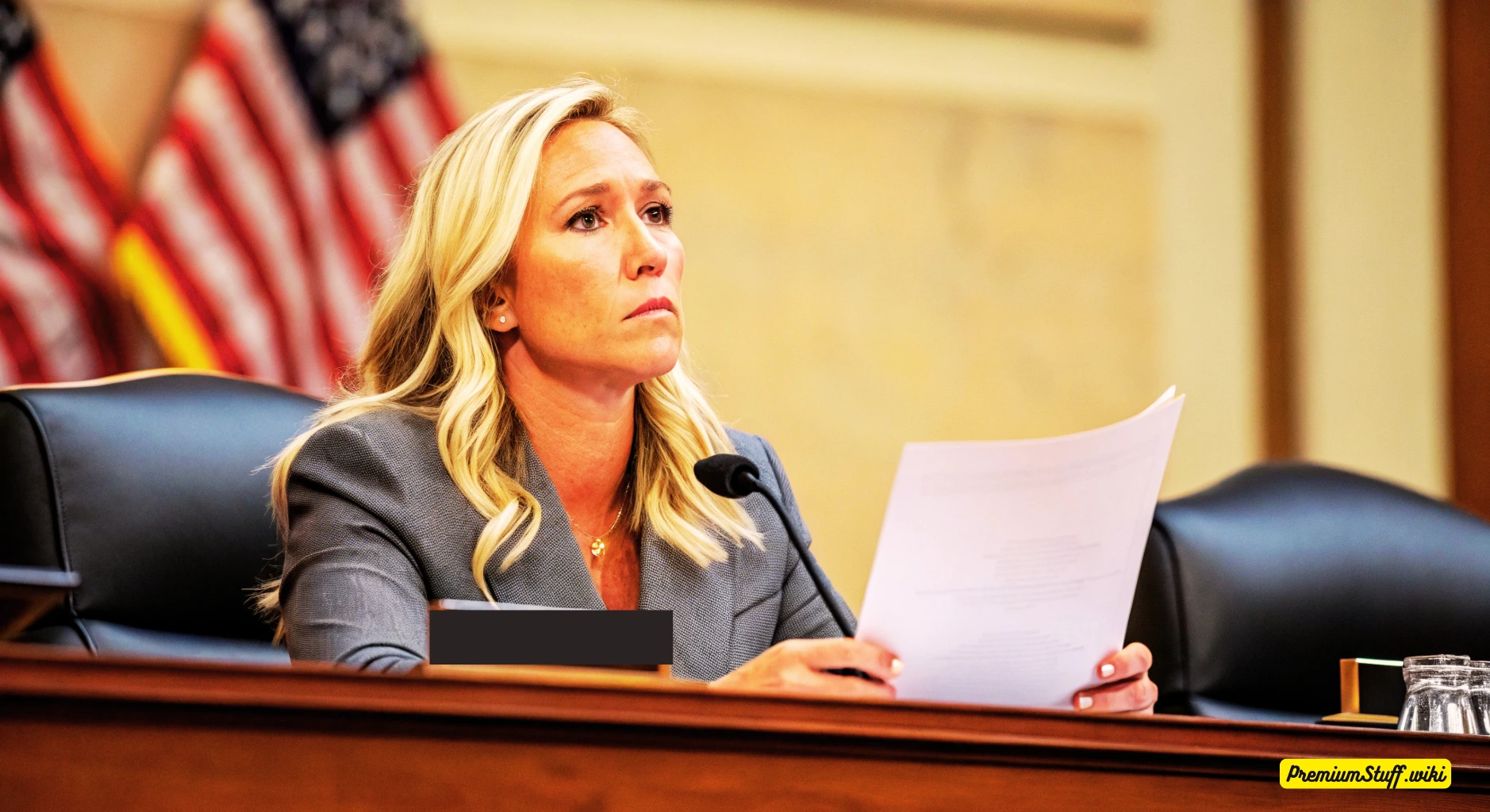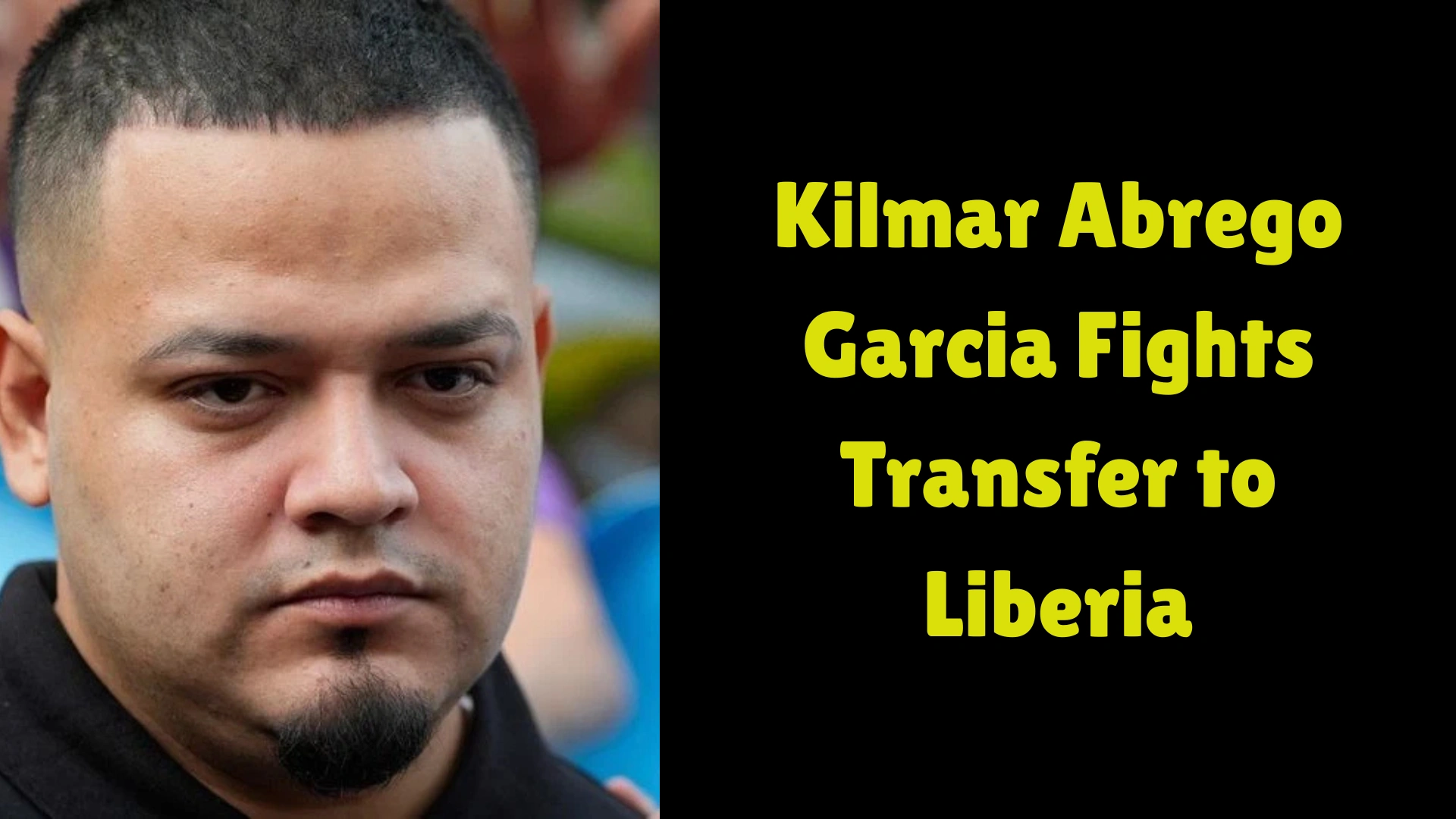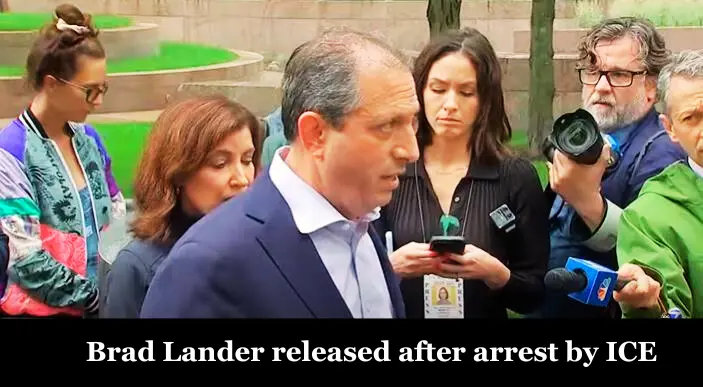Barrett’s Defiance : How Trump’s Supreme Court Pick Became His Unlikely Adversary
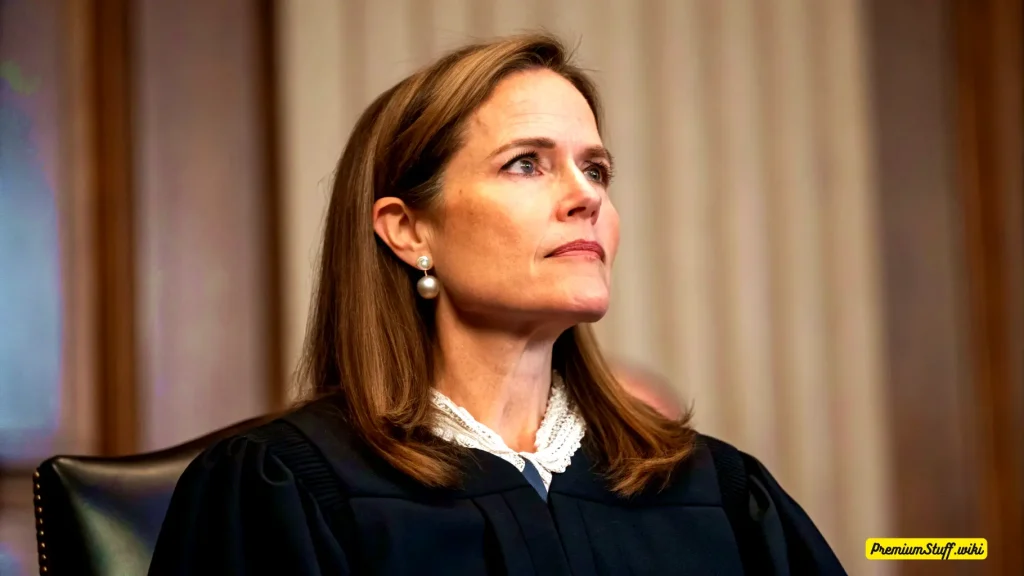
WASHINGTON, D.C. — Behind closed doors, former President Donald Trump fumes about a betrayal from within the fortress he built. Justice Amy Coney Barrett, his handpicked successor to Ruth Bader Ginsburg, now stands accused of “weakness” by conservative allies for rulings that defy his agenda. For over a year, Trump has privately seethed about Barrett’s independence, lamenting her votes against his foreign aid freezes, immigration crackdowns, and executive power expansions. The tension erupted publicly during recent Supreme Court hearings, where Barrett’s sharp questioning of Trump’s solicitor general laid bare a fundamental clash between presidential ambition and judicial integrity .
The Breaking Points
Three rulings ignited conservative fury. In March 2025, Barrett joined Chief Justice John Roberts and the court’s liberals to block Trump’s attempt to freeze $2 billion in foreign aid—a decision that prompted influential Trump ally Mike Davis to deride her as “a rattled law professor with her head up on Steve Bannon’s podcast. Weeks later, she partially backed Justice Sonia Sotomayor’s dissent opposing mass deportations under the Alien Enemies Act. Then, in a little-noticed environmental case, Barrett broke with conservatives to defend the Environmental Protection Agency’s authority, criticizing her colleagues for short-circuiting lower court deliberations. Trump’s inner circle now whispers that Barrett’s jurisprudence strays far from what was promised during her confirmation.
“Really?” The Hearing That Exposed the Rift
The fracture spilled into open view during oral arguments over Trump’s bid to end birthright citizenship. Solicitor General D. John Sauer, representing the administration, asserted the president would “generally respect” court precedents but reserved the right to disregard rulings he disliked. Barrett’s skepticism crackled through the courtroom: “Really? … You still think it’s generally the long-standing policy of the federal government to take that approach?” Her probing exposed a core concern: whether Trump’s team viewed judicial authority as optional. MAGA influencers erupted online within hours. “Justice Barrett was a huge mistake,” one X user declared. “Her contempt for the Trump administration is obvious”.
Recusals and Loyalty Tests
Barrett’s recusal from a landmark religious charter school case further alienated conservatives. She stepped aside due to ties to attorneys involved—notably her close friend Nicole Stelle Garnett, a legal architect of the case. The move triggered a deadlock that blocked public funding for the school, with critics like the Judicial Crisis Network’s Carrie Severino calling it “beyond her duty.” For Trump allies, it symbolized a lack of commitment to their causes. Even security concerns—a bomb threat targeting Barrett’s sister in March—failed to mollify them. Trump privately mused about enhancing her protection, asking advisers, “Would that make her more comfortable?” The implication was clear: he questioned her fortitude.
The Unraveling of a Political Fantasy
Barrett’s trajectory shatters the myth of the “perfect” Trump justice. A former clerk to Antonin Scalia, she was touted as an ideological anchor for decades. Yet data reveals nuance: she votes with Justices Clarence Thomas and Samuel Alito 80% of the time but refuses to rubber-stamp executive overreach. During Trump’s immunity case, she pressed his lawyer to concede that “private actions” couldn’t be shielded—a stance that alarmed conservatives despite her ultimate vote favoring immunity. Her independence mirrors Trump’s broader disillusionment with the legal establishment. He recently blasted Federalist Society leader Leonard Leo, who championed Barrett’s nomination, as a “sleazebag” who “probably hates America”.
Why Barrett Won’t Bend
Those who know Barrett trace her defiance to intellectual rigor, not disloyalty. “Her questions reflect concern about separation of powers,” former federal prosecutor Neama Rahmani observed. When Sauer dismissed Justice Elena Kagan’s queries about expediting birthright citizenship challenges, Barrett interjected: “Sir, are you really going to answer Justice Kagan by saying there’s no way to do this expeditiously?” She champions process over partisanship—a trait evident in her 2024 environmental dissent, where she castigated colleagues for blocking pollution rules before lower courts could weigh merits. For Barrett, procedure is sacrosanct; for Trump, it’s an obstacle.
The Silent Revenge of Institutionalists
Trump’s rage obscures a pivotal shift: Barrett and Roberts now function as an unexpected check on his power. Their alliance in the foreign aid case—and Barrett’s alignment with Sotomayor on deportations—signals a bloc prioritizing institutional stability over political fealty. This enrages Trump’s base but resonates with legal traditionalists. As one senior White House official conceded, Trump “truly respects the Supreme Court” and won’t publicly attack Barrett. Yet his patience wears thin. He now seeks judicial nominees modeled exclusively after Alito and Thomas—jurists unlikely to question whether “generally” obeying the law is sufficient.
The Legacy of a Battle Not Chosen
Barrett’s journey—from Trump’s triumphant Rose Garden nominee to his private frustration—encapsulates the turbulence of an era where law collides with loyalty. Her rulings uphold conservative principles but reject absolutism; her recusals honor ethics over expediency. As Trump eyes future court appointments, Barrett’s independence serves as a cautionary tale for presidents who expect judges to be political soldiers. In a democracy where robes outlast administrations, her greatest offense may be remembering that the Constitution, not a person, reigns supreme.




